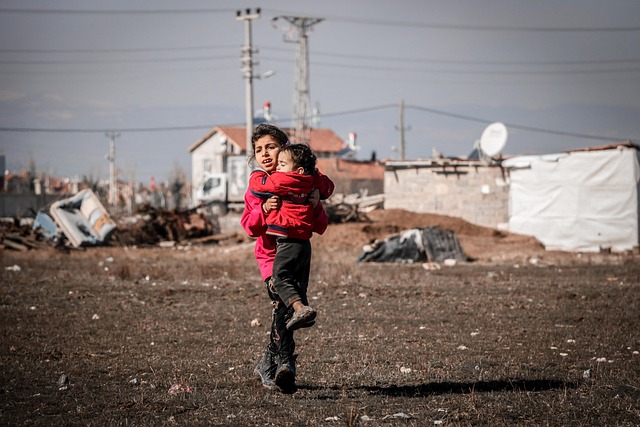Understanding the Complex Relationship Between Persecution and Morality
Persecution is a deeply unsettling reality that has affected countless individuals and communities throughout history. When we consider persecution in the context of morality, particularly through the lens of religion, we uncover a multifaceted interplay between suffering, ethics, and spiritual belief systems. This exploration is essential for anyone seeking to understand how adversity shapes moral frameworks and influences human behavior.
The Emotional Toll of Persecution
At its core, persecution evokes feelings of fear, injustice, and resilience. These emotions often compel individuals and groups to question the foundations of their moral compass. For many, religious faith becomes a sanctuary—a source of comfort and guidance amid turmoil. Yet, persecution can also challenge believers to reevaluate their principles, prompting a profound internal dialogue about the meaning of good and evil, forgiveness, and justice.
Religion as a Moral Anchor During Persecution
Religion has historically played a pivotal role in shaping moral values, especially when communities face persecution. Sacred texts and teachings often emphasize virtues like compassion, patience, and forgiveness, which can inspire those suffering to uphold their integrity even when confronted with hostility. This spiritual grounding provides not only hope but also a framework for understanding suffering as a test or path to greater moral clarity.
Persecution’s Influence on Moral Development
Experiencing or witnessing persecution can radically transform an individual’s moral outlook. It can foster heightened empathy for others facing injustice and reinforce a commitment to advocating for human rights and dignity. Alternatively, it may also provoke feelings of anger and division, creating moral dilemmas that challenge the core tenets of many religious teachings. The way individuals navigate these challenges reveals much about the resilience and adaptability of moral systems under pressure.
Reflections on Forgiveness and Justice
The struggle between forgiveness and the pursuit of justice is especially pronounced under persecution. Religious doctrines often teach forgiveness as an ideal, yet the human desire for justice can complicate this ideal during times of persecution. This tension invites believers to reflect deeply on what it means to live a moral life when confronted with suffering caused by others, highlighting the profound connection between ethics and spirituality.
Finding Common Ground Through Shared Moral Values
Despite differences among religious traditions, many share core values that emerge most strongly during persecution—values like dignity, respect, and love for others. Recognizing these shared moral tenets can foster empathy and solidarity across faiths and cultures, ultimately helping to break cycles of oppression. In this sense, persecution can paradoxically become a catalyst for building bridges and reaffirming universal moral principles.
Engaging with the impact of persecution on morality through the role of religion invites us all to contemplate how adversity shapes our ethical beliefs and actions. It challenges us to find strength in our values and compassion in our shared human experience, fostering a deeper understanding of what it means to live morally in a complex world.




